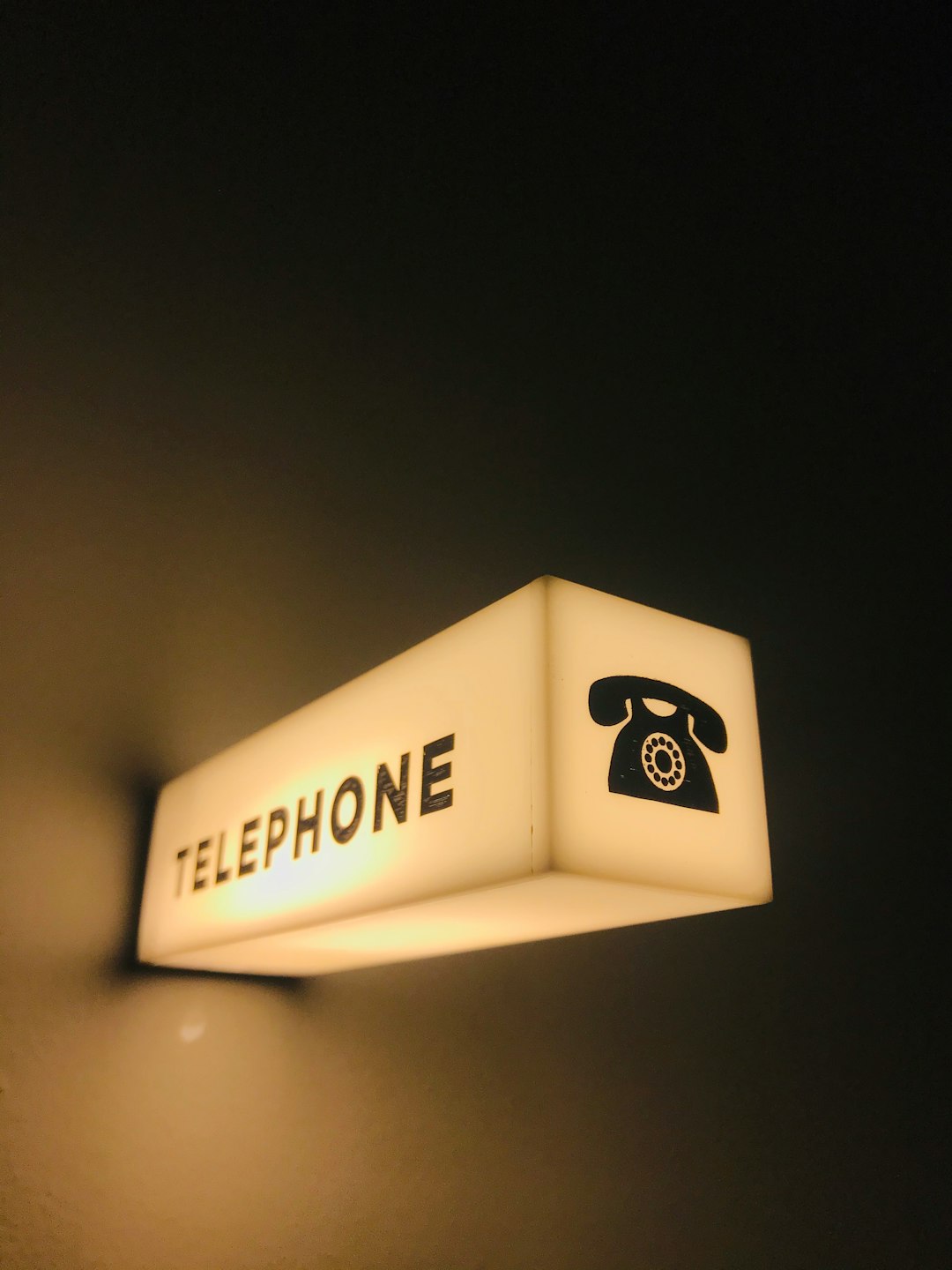In Arizona, if unwanted phone calls, especially robocalls, disrupt your life, consider hiring a Do Not Call Lawyer. These specialists enforce "do not call" requests through letters, complaints, and legal action under the Telephone Consumer Protection Act (TCPA). They also guide clients on national "do not call" lists. Robocall attorneys and law firms in Arizona specialize in protecting privacy rights by asserting TCPA rights, filing FTC complaints, or taking legal action against persistent callers.
In Arizona, understanding and enforcing your rights under the Telephone Consumer Protection Act (TCPA) is crucial to shielding yourself from unwanted phone calls. If you’ve been plagued by persistent robocalls or found yourself on a ‘do not call’ list through no fault of your own, it’s time to take action. This article guides Arizonans through their TCPA rights and explores when to engage the services of a specialized Do Not Call Lawyer Arizona or robocall attorney Arizona. Learn about legal options available to combat these intrusive calls and protect your privacy. Contact a reputable do not call law firm Arizona today for expert assistance.
- Understanding Your Rights Under the TCPA in Arizona
- When to Hire a Do Not Call Lawyer in Arizona
- Taking Action Against Robocalls: Legal Options for Arizonans
Understanding Your Rights Under the TCPA in Arizona
In Arizona, residents have specific rights under the Telephone Consumer Protection Act (TCPA), which are designed to protect them from unwanted telephone solicitations and robocalls. If you’ve been disturbed by repeated calls from telemarketers or automated systems, you may be able to take action. The TCPA prohibits certain types of phone marketing activities, such as using automatic dialing systems or pre-recorded messages without prior express consent. This means that companies cannot call you with promotional offers if you haven’t given them permission to do so.
If you find yourself on a “Do Not Call” list but still receive unwanted calls from law firms or robocall attorneys in Arizona, it’s important to know your rights. You can file a complaint with the Federal Trade Commission (FTC) and seek legal counsel from a qualified do not call lawyer or robocall attorney in Arizona who specializes in TCPA cases. These professionals can help you understand your options, including seeking damages for each violation of your rights under the TCPA. Remember, staying informed about your consumer protection rights is key to ensuring unwanted calls don’t disrupt your daily life.
When to Hire a Do Not Call Lawyer in Arizona
If you’re being bombarded by unwanted telephone marketing calls or robocalls in Arizona, it might be time to consider hiring a Do Not Call Lawyer. While many companies adhere to the Telephone Consumer Protection Act (TCPA), violations are not uncommon. If you’ve made clear your “do not call” request and continue to receive calls, an attorney can help.
A Do Not Call Attorney in Arizona can assist with sending cease and desist letters, filing complaints with regulatory bodies, and even pursuing legal action against repeat offenders. They can also guide you through the process of registering your number on national “do not call” lists and ensure that businesses respect your privacy rights under the TCPA. Robocall Attorneys and robocall law firms in Arizona specialize in these matters, offering expertise in navigating the complexities of telephone consumer protection laws.
Taking Action Against Robocalls: Legal Options for Arizonans
In Arizona, residents have legal recourse against relentless robocalls. If you’re tired of unwanted automated calls, a “Do Not Call” lawyer can help assert your rights under the Telephone Consumer Protection Act (TCPA). Robocall attorneys and law firms in Arizona specialize in taking on these cases, offering guidance and representation to stop harassing calls.
Arizonans can file complaints with the Federal Trade Commission (FTC) or seek legal action against the perpetrators. “Robocall lawyers” in Arizona guide clients through the process, which may involve sending cease-and-desist letters or filing lawsuits to recover damages and block future calls. Don’t hesitate to reach out to a reputable “do not call lawyer” or law firm if you’ve been affected; they can provide the necessary support to protect your rights.






